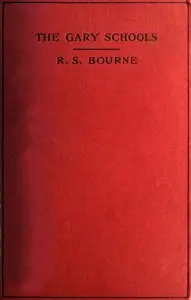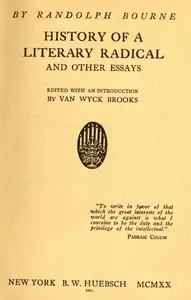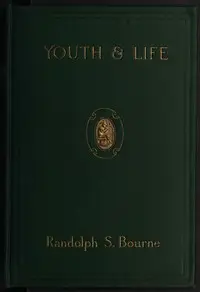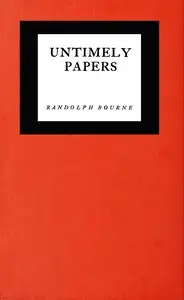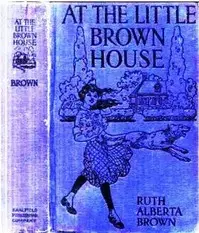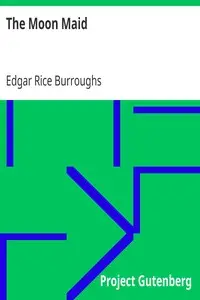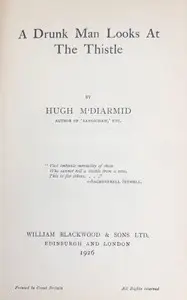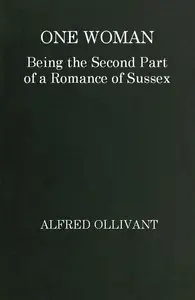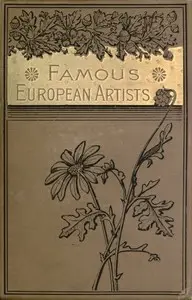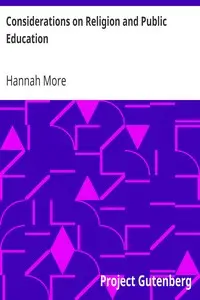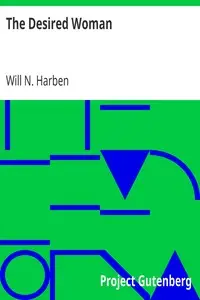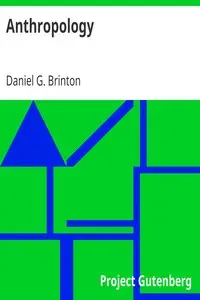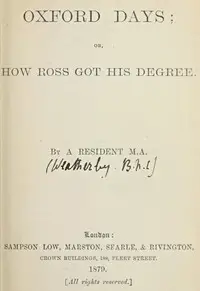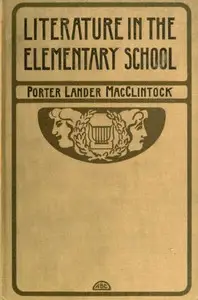"Education and Living" by Randolph Bourne is a collection of essays on educational philosophy written in the early 20th century. The work explores the transformation of schools into meaningful environments for children, advocating for an educational approach that intertwines learning with living, emphasizing active participation rather than passive reception of knowledge. Bourne draws significantly from the progressive educational theories of John Dewey, delving into the importance of fostering curiosity, creativity, and community-oriented experiences within the educational system. At the start of "Education and Living," the author introduces the pivotal concept of education as an extension of life itself rather than merely a preparation for it. He critiques the traditional structure of schools, likening them more to correctional facilities than to spaces conducive for joyful and meaningful engagement. Bourne stresses the need to redefine educational practices to better serve the developmental and social needs of children, urging educators to create environments where curiosity can flourish. He sets the stage for a series of essays that will further dissect the rigidities of the current system while advocating for a more holistic, experimental approach to education that embraces the chaotic and rich tapestry of childhood experiences. (This is an automatically generated summary.)
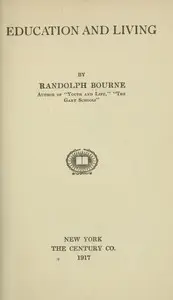
Education and living
By Randolph Silliman Bourne
"Reprinted with slight additions from the pages of the 'New Republic'."--Preface
Genres
Released
2022-09-05
Formats
mobi
epub (images)
epub
epub3 (images)
mobi (images)
Free Download
Overview
About the Author
Randolph Silliman Bourne was a progressive writer and intellectual born in Bloomfield, New Jersey, and a graduate of Columbia University. He is considered to be a spokesman for the young radicals living during World War I. His articles appeared in journals including The Seven Arts and The New Republic. Bourne is best known for his essays, especially his unfinished work "The State," discovered after he died. From this essay, which was published posthumously and included in Untimely Papers, comes the phrase "war is the health of the state" that laments the success of governments in arrogating authority and resources during conflicts.
Total Reviews
10.0k
Total reviews from Goodreads may change

